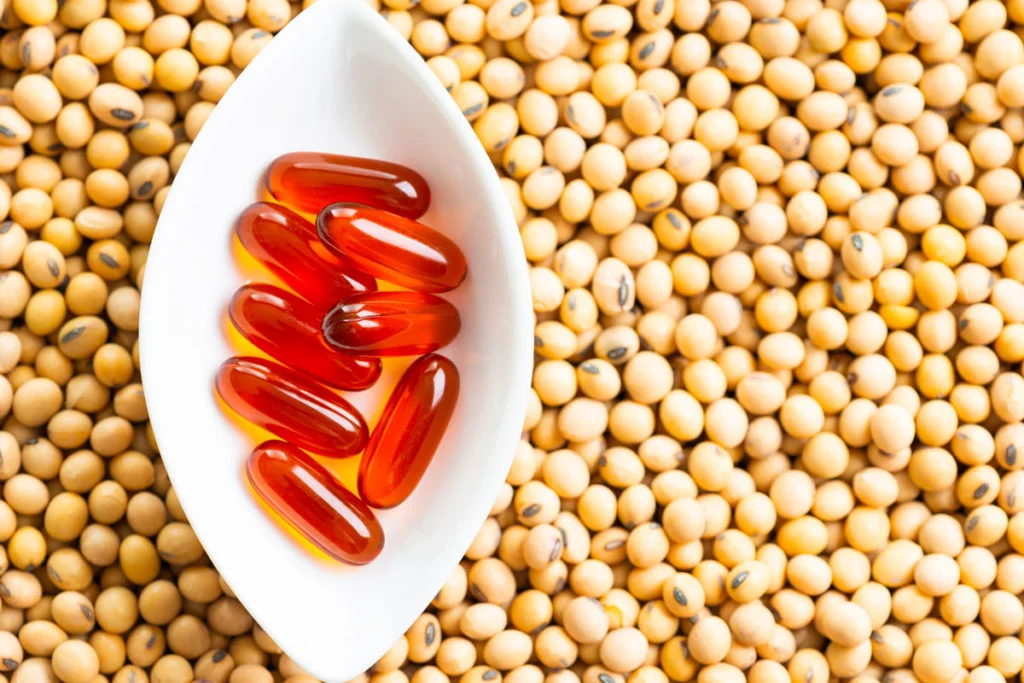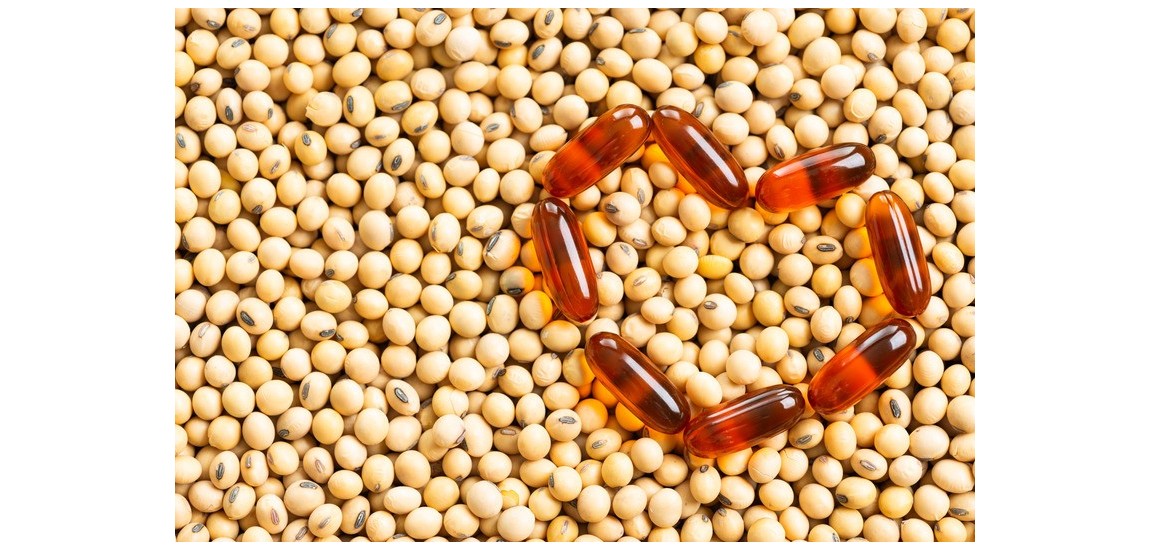Lecithin is a naturally occurring fatty substance that has gained popularity in recent years due to its potential health benefits. Found in a variety of foods and available as a supplement, lecithin is a versatile compound that plays a crucial role in maintaining overall health.
In this blog post, we’ll explore what lecithin is, its benefits, natural sources, and how you can incorporate it into your daily routine.
What is Lecithin?
Lecithin is a type of phospholipid, a fat-like substance that is essential for the proper functioning of cells in the body. It is composed of choline, fatty acids, glycerol, glycolipids, phospholipids, and phosphoric acid. Lecithin is particularly known for its emulsifying properties, which help mix fats and water, making it a common ingredient in food production and cosmetics.
In the human body, lecithin is vital for maintaining cell membrane integrity, supporting brain function, and aiding in the transport of fats and cholesterol. It is also a key component of bile, which helps digest fats in the digestive system.
Health Benefits of Lecithin
Lecithin offers a wide range of health benefits, making it a valuable addition to your diet. Here are some of the most notable advantages:
- Supports Brain Health
Lecithin is a rich source of choline, a nutrient that is essential for brain function. Choline is a precursor to acetylcholine, a neurotransmitter involved in memory, learning, and muscle control. Regular consumption of lecithin may help improve cognitive function and protect against age-related cognitive decline. - Promotes Heart Health
Lecithin helps break down cholesterol and fats in the bloodstream, reducing the risk of plaque buildup in arteries. This can lead to improved cardiovascular health and a lower risk of heart disease. - Aids Digestion
As a component of bile, lecithin helps emulsify fats, making them easier to digest. This can be particularly beneficial for individuals with digestive issues or those who struggle with fat absorption. - Supports Liver Function
Lecithin helps prevent the accumulation of fat in the liver, promoting liver health and reducing the risk of fatty liver disease. - Improves Skin Health
Lecithin is often used in skincare products due to its moisturizing and soothing properties. When consumed, it can also help improve skin elasticity and hydration from within. - May Enhance Athletic Performance
Some studies suggest that lecithin can help reduce muscle soreness and improve recovery time after exercise, making it a potential supplement for athletes.
Natural Sources of Lecithin
Lecithin is found in a variety of foods, making it easy to incorporate into your diet. Some of the best natural sources include:
- Egg Yolks: One of the richest sources of lecithin.
- Soybeans and Soy Products: Soy lecithin is a common ingredient in many processed foods and supplements.
- Sunflower Seeds: Sunflower lecithin is a popular alternative for those avoiding soy.
- Meat and Fish: Organ meats, such as liver, and fatty fish like salmon are good sources.
- Dairy Products: Milk, cheese, and butter contain small amounts of lecithin.
- Nuts and Seeds: Almonds, walnuts, and flaxseeds are also good sources.
- Whole Grains: Wheat germ and whole grains provide lecithin in smaller amounts.
Ways to Incorporate Lecithin Into Your Diet
There are several ways to add lecithin to your daily routine, depending on your preferences and dietary needs:
- Through Whole Foods
Incorporate lecithin-rich foods like eggs, soy products, and sunflower seeds into your meals. For example, enjoy a breakfast of scrambled eggs, add tofu to your stir-fry, or snack on a handful of sunflower seeds. - As a Supplement
Lecithin is available in various supplement forms, including capsules, soft gels, and granules. These are convenient for those who may not get enough lecithin from their diet alone. - In Powder Form
Lecithin powder can be easily added to smoothies, oatmeal, or baked goods. It has a mild, nutty flavor that blends well with many recipes. - As an Emulsifier in Cooking
Use lecithin granules or liquid lecithin as an emulsifier in homemade salad dressings, sauces, or soups to help blend oil and water-based ingredients.
Dosage and Safety Considerations
While lecithin is generally considered safe for most people, it’s important to follow recommended dosages. The typical daily intake of lecithin ranges from 500 mg to 2,000 mg, depending on individual needs and health goals. Always consult with a healthcare professional before starting any new supplement, especially if you have underlying health conditions or are pregnant or breastfeeding.

Lecithin is a powerful and versatile nutrient that offers numerous health benefits, from supporting brain and heart health to aiding digestion and improving skin health. Whether you choose to get your lecithin from whole foods or supplements, incorporating it into your diet can be a simple and effective way to boost your overall well-being.
So, why not give lecithin a try?
Your body (and brain) will thank you!
Disclaimer: This blog post is for informational purposes only and is not intended to replace professional medical advice. Always consult with a healthcare provider before making changes to your diet or supplement regimen.

